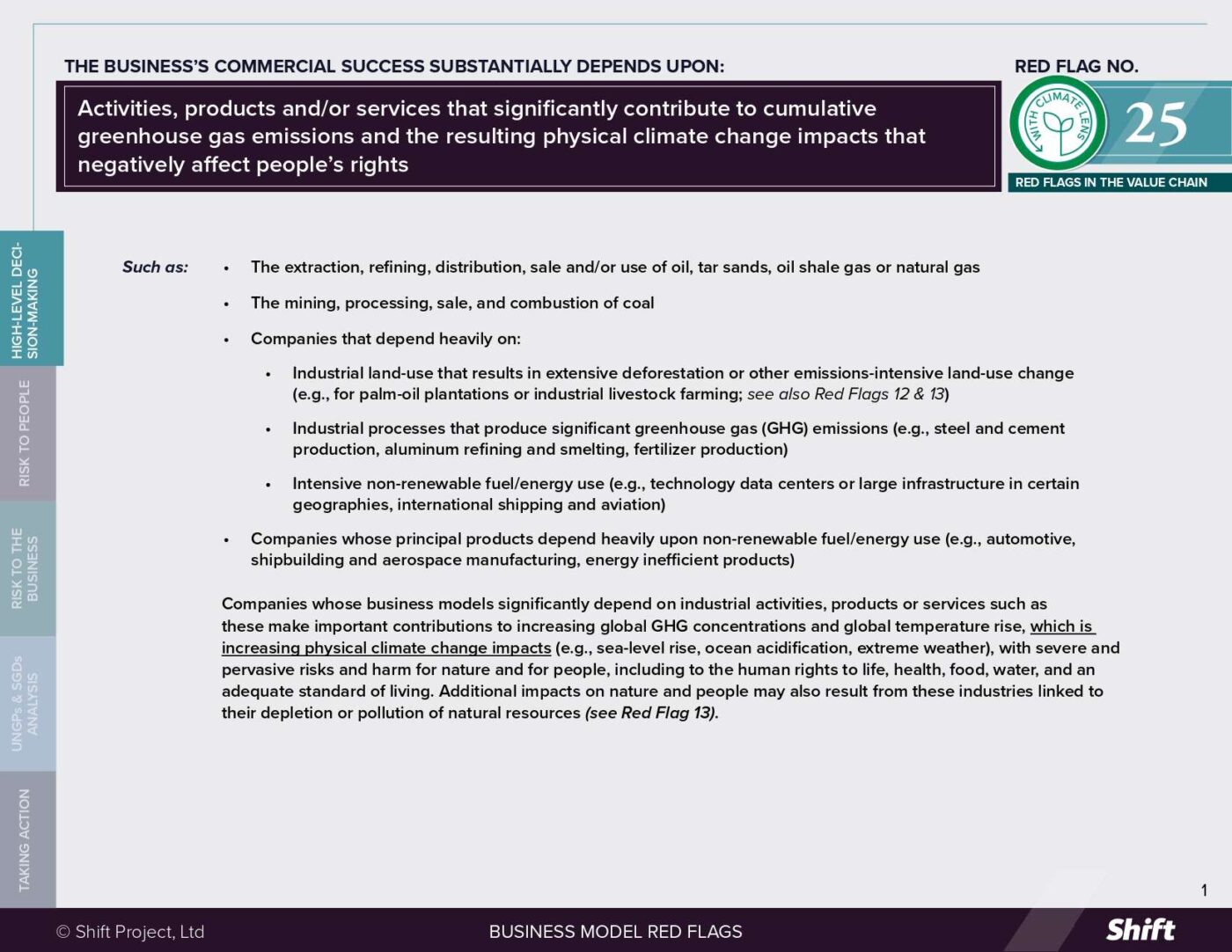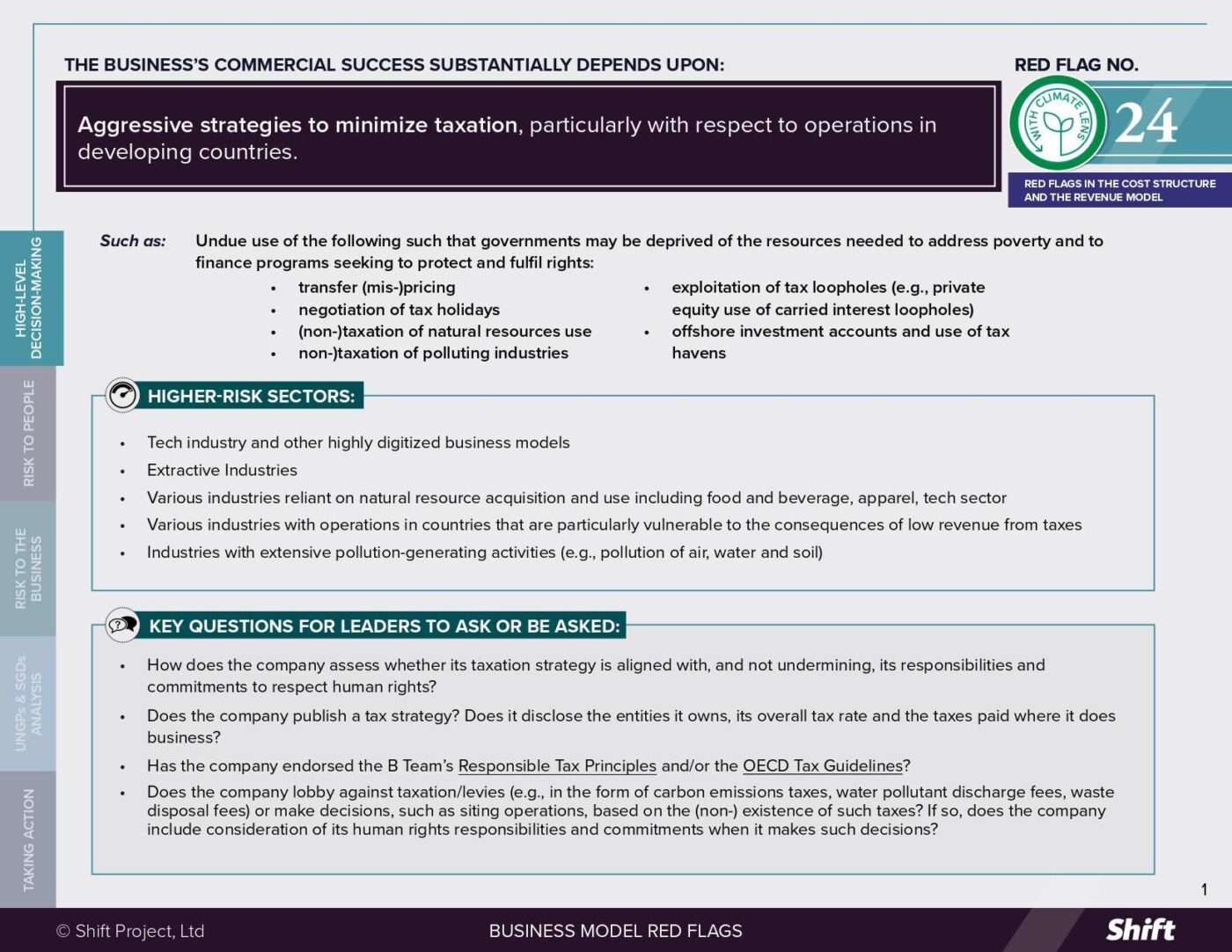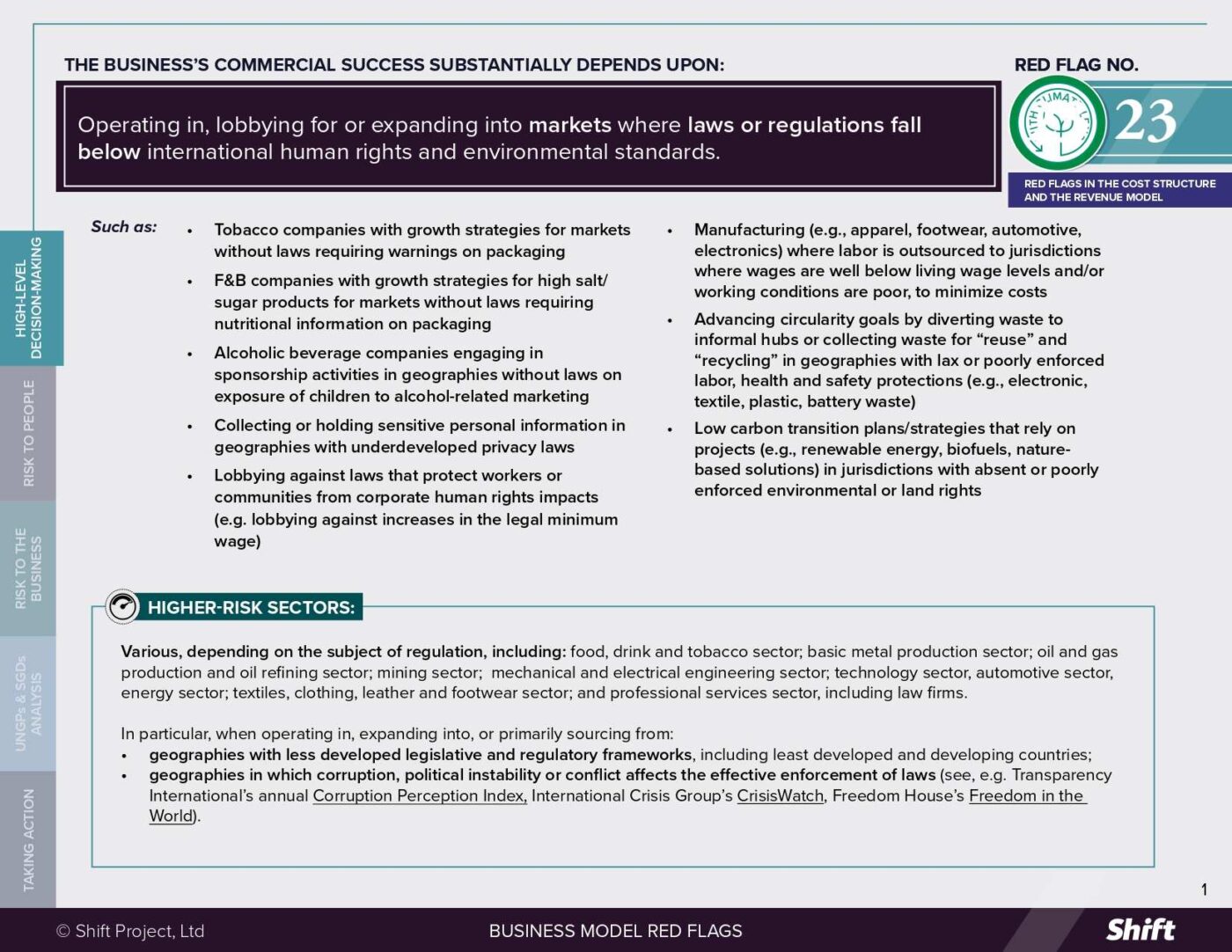Jump to guidance | Learn about the collaboration that produced the guidance
The first comprehensive guidance for companies about how to meet their responsibility to respect the human rights to water and sanitation was launched today by the United Nations Global Compact’s CEO Water Mandate – a public-private initiative designed to assist companies in the development, implementation and disclosure of water sustainability policies and practices — at UN-Water’s 2015 Annual International Zaragoza Conference on “Water and Sustainable Development: From Vision to Action.” The beta version of the Guidance for Companies on Respecting the Human Rights to Water and Sanitation: Bringing a Human Rights Lens to Corporate Water Stewardship will help companies translate their responsibility to respect the human rights to water and sanitation into their existing water management policies, practices, and company cultures.
Launched in 2007 by the UN Secretary-General, the CEO Water Mandate is overseen by the UN Global Compact, a strategic policy initiative for businesses that are committed to aligning their operations and strategies with ten universally accepted principles in the areas of human rights, labour, environment and anti-corruption, and implemented in partnership with the Pacific Institute.
The guidance, developed by the CEO Water Mandate and Shift aims to provide companies with practical measures on how to bring a human rights lens to their existing corporate water stewardship practices. Its development was informed not only by project partners with expertise in water resources and human rights, but also by business representatives, civil society organizations, and UN agencies.
With the formal recognition of the human right to water and sanitation in 2010 by the UN General Assembly and the Human Rights Council, and the adoption of the UN Guiding Principles on Business and Human Rights in 2011, there are increasing expectations that companies align their water management practices with their responsibility to respect human rights.
“Ensuring people have access to water and sanitation services is vital to ensure healthy communities and vibrant economies,” said Gavin Power, Deputy Director of the UN Global Compact and Head of the CEO Water Mandate. “This guidance helps businesses effectively meet their responsibility to respect by understanding, responding to, and communicating to stakeholders their water-related impacts. Doing so is at the cornerstone of good corporate water management practice and is the basis for any company action to support the rights.”
The Guidance for Companies on Respecting the Human Rights to Water and Sanitation is designed to be applicable to a broad range of corporate water users, and underscores the important nature of effective stakeholder engagement throughout the process.
Jason Morrison, Technical Director of the CEO Water Mandate and Program Director of the Corporate Sustainability Program of the Pacific Institute, added, “The guidance helps translate what respecting the human rights to water and sanitation means for both water and human rights practitioners in companies. Companies will now be able to properly implement the changes necessary to ensure those rights are respected. The collaborative, iterative process in which it was developed means the guidance is accessible and feasible for companies, while remaining meaningful for their stakeholders.”
“This guidance provides real-world examples and feasible steps for companies to help them understand and take action on the impact their operations have on peoples’ access to water and sanitation. Water and sanitation are crucial issues to both the environment and human rights and this guidance provides companies with a way to take their existing water and sanitation programs and broaden or adapt them in order to meet their responsibility to respect the rights,” said Rachel Davis, Managing Director of Shift.
Companies have increasingly recognized their water practices have environmental impacts; they are now beginning to focus on understanding how their practices impact human rights. In response, businesses can look to the guidance to provide step-by-step direction for their responsibility to respect human rights via the key procedural elements of the UN Guiding Principles.
About the CEO Water Mandate
Launched in July 2007 by UN Secretary-General Ban Ki-moon, the CEO Water Mandate is a public-private initiative designed to assist companies in the development, implementation and disclosure of water sustainability policies and practices. Led by the United Nations Global Compact in partnership with the Pacific Institute, the CEO Water Mandate offers a unique action platform to share best and emerging practices and to forge multi-stakeholder partnerships to address the problems of access to water and sanitation. The CEO Water Mandate has been endorsed by 120 companies from a range of industries and sectors.www.ceowatermandate.org
About the Pacific Institute
The Pacific Institute, a Co-Secretariat of the CEO Water Mandate since the inception of the initiative, is one of the world’s leading independent nonprofits conducting research to create a healthier planet and sustainable communities. Based in Oakland, California, the Institute conducts interdisciplinary research and partners with stakeholders to produce solutions that advance environmental protection, economic development, and social equity. The Pacific Institute works to change policy and find real-world solutions to problems such as water shortages, habitat destruction, climate change, and environmental injustice.www.pacinst.org



